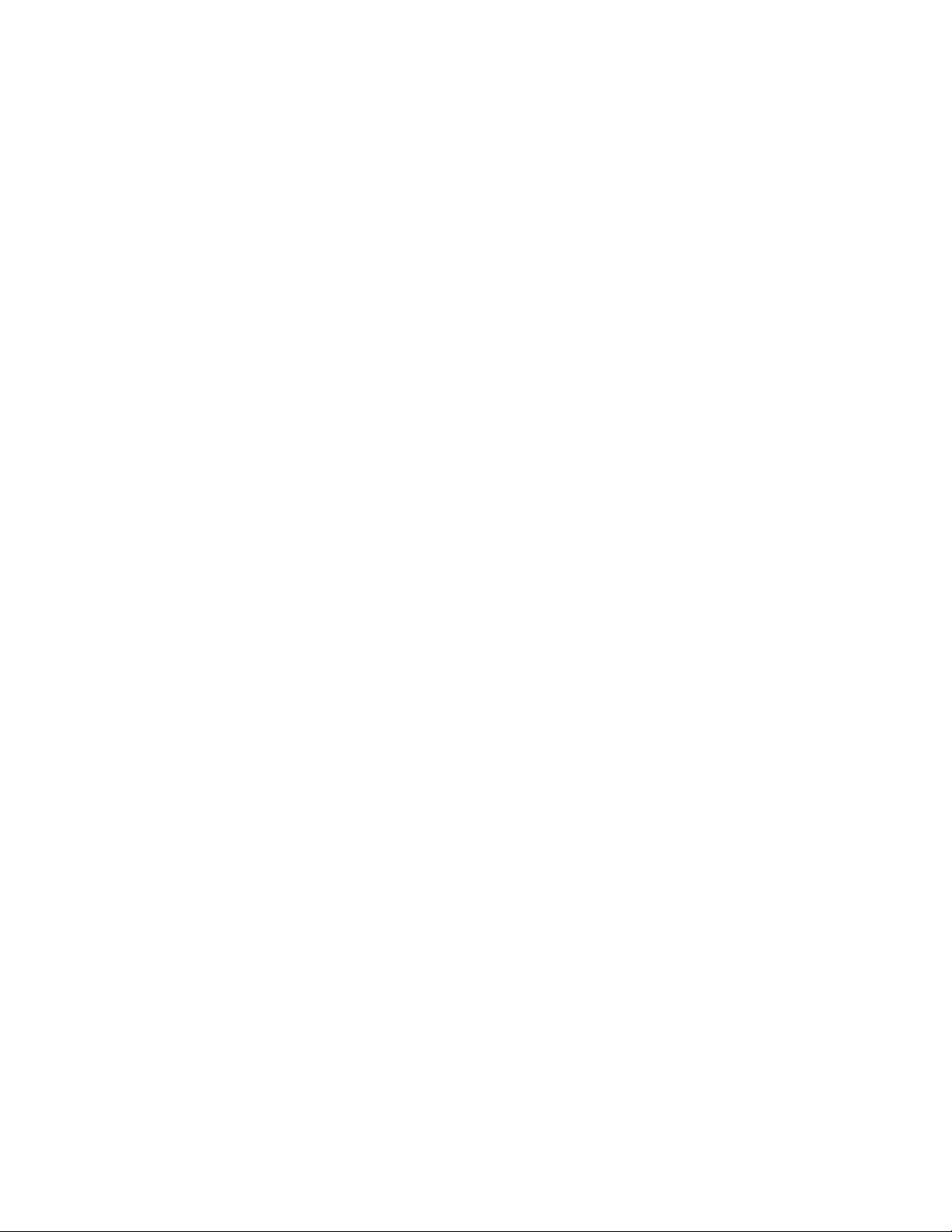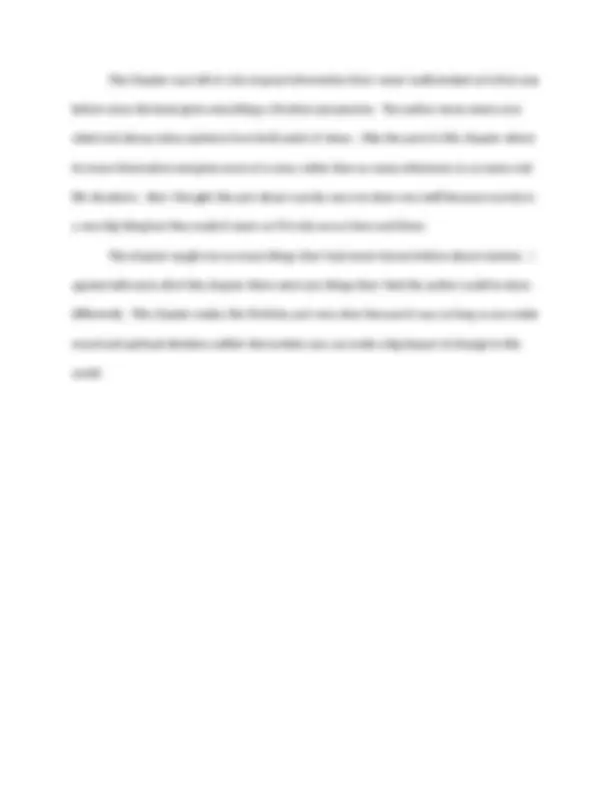



Study with the several resources on Docsity

Earn points by helping other students or get them with a premium plan


Prepare for your exams
Study with the several resources on Docsity

Earn points to download
Earn points by helping other students or get them with a premium plan
Community
Ask the community for help and clear up your study doubts
Discover the best universities in your country according to Docsity users
Free resources
Download our free guides on studying techniques, anxiety management strategies, and thesis advice from Docsity tutors
This reaction paper explores the economic concepts of markets, scarcity, and communism from a christian perspective. The author discusses the reasons for markets, their impact on materialism and individual decision-making, and the ineffectiveness of communism. The paper also touches upon the influence of scarcity on people's lives and the pros and cons of economic growth. The reader shares their agreement and disagreement with the author's views, providing valuable insights into the topic.
Typology: Study notes
1 / 2

This page cannot be seen from the preview
Don't miss anything!


Reaction Paper # Joe Hermenet Chapter 2 This chapter is all based around the economic idea of markets and what the reason or them are: on top of why they have no effect on materialism. Another big focus within this chapter is the idea of scarcity and how it not only affects businesses but individuals. Also a big part of this chapter is communism and why it is not effective giving consumers no freedom within the markets. The part of scarcity is a big influence on people lives with decision making, and its talks about it’s in the Christian point of view by saying people need to use their heart in the Christian belief in decision making within markets. As with communism taking away peoples freedoms within markets, it gives people the chance to have a higher standard of living. To round off the chapter the author talks about the pros and cons of economic growth saying how that’s what leads to different amounts of wealth between each person. The ending just basically said people don’t have control in markets because they are basically ran by themselves. There were parts in this chapter that I both agreed with and didn’t agree with. One thing I agreed with a lot is when the author talked about the world needs to have a more equal distribution of existing incomes. I have always thought that we should be the ones helping the third world countries that have nothing compared to us. One part that I didn’t agree with is the part where all the people lost their jobs in Holland at the lifesavers factory because they didn’t want them to take away from Americas sugar producers. The factory had move to Canada which just raised the unemployment rate in America even more.
This Chapter was full of a lot of great information that I never really looked at it that way before since the book gives everything a Christian perspective. The author never seems one sided and always takes opinions from both point of views. I like the parts in this chapter where its more informative and gives more of a story rather than so many references to so many real life situations. Also I thought the part about scarcity was not done very well because scarcity is a very big thing but they made it seem as if it only occurs here and there. This chapter taught me so many things that I had never known before about markets. I agreed with most all of this chapter there were just things that I feel the author could’ve done differently. This chapter makes the Christian part very clear because it says as long as you make moral and spiritual decisions within the markets you can make a big impact of change in this world.